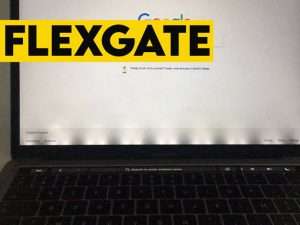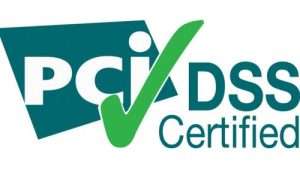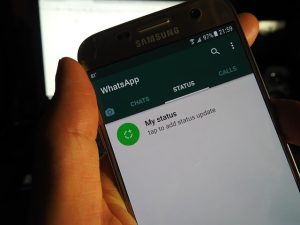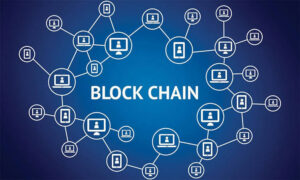How You Can Recognize All forms of Email Scam & Phishing
We’re not just in digital information age or computer age but in a dynamic technology era where everything is fast changing with cause and effects driving more advancement in technology.
As email is preferable to the traditional letter posting by millions of people in the world, there are people who also want to harness this advancement to their parasitic advantage.
Phishing is a common practice that’s pertinent to electronic mail and it means, the act of sending email that’s purported to be from a known person or associate, business organization or government, to induce or reinforce the potential victim to make an action that he/she will regret.
This is just the summary of how phishing works and there are numbers of phishing email scam examples online.
Some will make you to supply your personal details, your bank information, induce you to make purchase etc.
There are different types of phishing
According to the data supplied by Karpersky, security software company, the year before, only in March, more than 30 million of cyber security attacks were made by malicious e-mails, an alarming figure, considering the amount of data stolen from unwary customers who provide information on uncertified websites.
Phishing, or cyber attack of information capture and the persuasive techniques of social engineering have become the potential factors of this type of emails that affect the computer security of our computers.
However, we present some keys to detect these emails and the steps to follow in order not to be affected.
Keys to recognizing dangerous emails
The emitter
It is not the same to receive a message from your tutor, or a relative from an unknown emitter, when you see an unknown emitter, you should act in a preventive manner.
When it comes to a particular message sent by a relative, check the previous features, since sometimes, a malware can take directions at random and present the user with a message from someone known and in the content, an infectious information is emitted.
Remember that only you know the passwords and user accounts and no company requests them unless you enter by will to your platforms.
The appearance
Although the phishing system has improved over the years in favor of the cybercriminals, even the spelling is defiled, the writing is very basic and sometimes have misspellings on a large scale, you can also suspect when using impersonal terms such as “dear Sir” or “appreciated user” this characterizes greatly to malicious emails.
Suspicious issues
Emails requiring the updating of urgent data on seldom visited platforms, they are usually phishing cases, consider the quality of the issue, since no virtual platform requires updating passwords unless it is a request from the user himself, in short, never really a message sent by Twitter demanding that you change your password.
Attachments
Malicious emails often arrive with attachments with autoexecutable, it is recommended not to open them in a timely manner, usually these files have extensions type exe, .com,. BAT, keep in mind that sometimes the cybercriminals hide these extensions by passing through. Doc, giving them a touch of familiarity with Office programs.
Request for Personal and Banking data
As previously mentioned, no company with computer carriers or banking systems require their customers to fill out forms where personal information is being paid, if you receive an email type, where you are required to edit information, you are in front of a case of phishing.
It is recommended to add the sender to list of unwanted users and pass the mail to the trash.
Redirect to Strange links
This is one of the most common cases in computer piracy, just by clicking on a link delivered by malicious mail, you can expose your computer to Hackers who can encrypt personal information and then charge for returning that information, none of these addresses establishes a preview, so you can dispose them immediately without any concern.
Winner of competitions
In this ruse, many have fallen, you can imagine winning a lottery without buying the ballot?
Well, they make you believe, keep in mind that money is a good that it costs to get it and no one is willing to give it away in exchange for anything, so it is preferable that you do not get illusions, it is only a trap created by hackers who use the ingenuity of users to steal information.
We hope that these tips have been useful, remember that computer security on our computers depends greatly on the assertiveness of the uses that we have within the virtual platforms.






